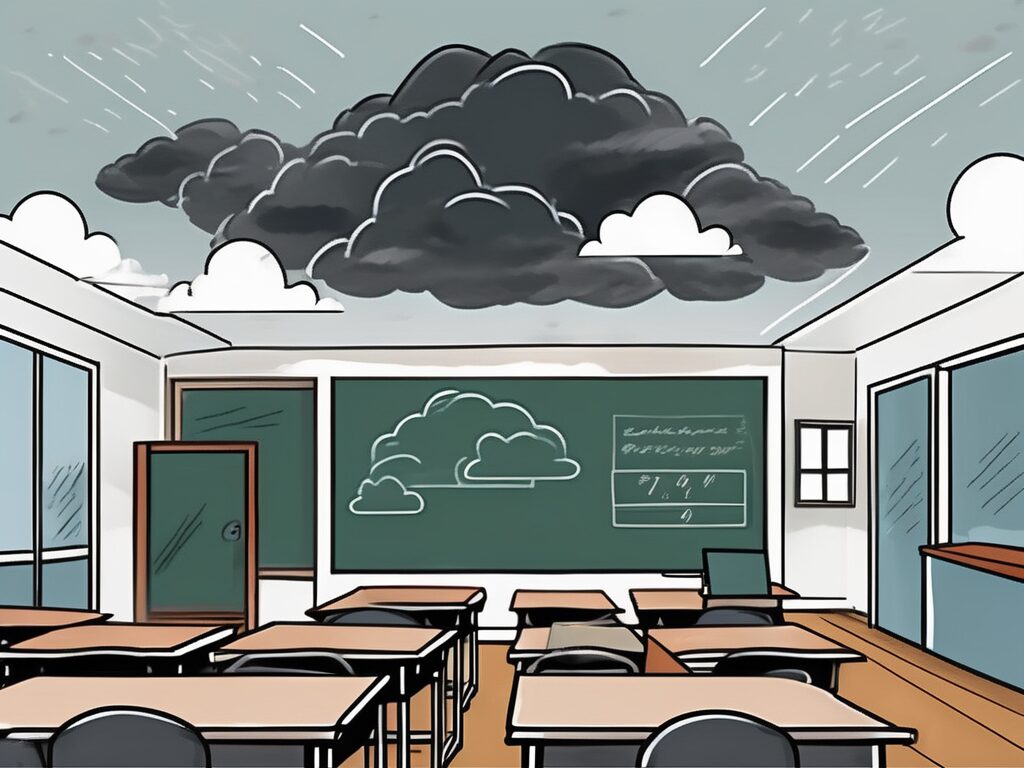The education system in Thailand, like many other countries, is not without its challenges. For teachers, particularly those with a Master’s degree in Education, these challenges can be quite daunting. In this detailed exploration, we will delve into six key factors that pose significant hurdles for educators in Thailand.
1. Language Barrier
One of the most immediate challenges faced by teachers in Thailand is the language barrier. While Thai is the national language, there is a growing demand for English language proficiency. However, the level of English proficiency among students varies greatly, making it difficult for teachers to deliver lessons effectively.
For teachers with a Master’s degree in Education, this challenge can be particularly frustrating. These educators are equipped with advanced teaching strategies and methodologies, but the language barrier can often hinder their ability to implement these techniques. It’s akin to having a top-of-the-range sports car, but being stuck in a traffic jam – the potential is there, but the circumstances prevent full utilisation.
2. Large Class Sizes
Another significant challenge in Thailand’s education system is the size of the classes. It’s not uncommon for classrooms to be filled with 40 to 50 students, making it difficult for teachers to give individual attention to each student. This is a challenge that many teachers face worldwide, but it’s particularly pronounced in Thailand.
For teachers with a Master’s degree in Education, this can be a real test of their classroom management skills. It’s like trying to conduct an orchestra with too many musicians – keeping everyone in harmony becomes a Herculean task. The larger the class size, the harder it is to ensure that every student is learning effectively.
3. Insufficient Resources
Despite the government’s efforts to improve the education system, many Thai schools still lack the necessary resources for effective teaching. This includes not only physical resources like textbooks and computers, but also support for teachers in terms of training and professional development.
For a teacher with a Master’s degree in Education, this lack of resources can be a major obstacle. It’s like being a chef in a kitchen without the right ingredients – you might have the skills and the knowledge, but without the right tools, it’s difficult to create a masterpiece.
4. Socioeconomic Disparities
Thailand, like many other countries, has significant socioeconomic disparities. These disparities often translate into educational inequalities, with students from lower-income families having less access to quality education. This is a challenge that goes beyond the classroom and requires systemic changes.
For teachers with a Master’s degree in Education, these disparities can be disheartening. It’s like running a race where some participants start much further back than others – no matter how good the coach, it’s difficult to ensure a fair competition.
5. Cultural Differences
Thailand has a rich and diverse culture, which can sometimes pose challenges for teachers, especially those from different cultural backgrounds. Understanding and respecting these cultural differences is crucial for effective teaching.
For teachers with a Master’s degree in Education, navigating these cultural differences can be a learning experience in itself. It’s like being a traveller in a foreign land – you need to learn the local customs and traditions to fully appreciate and engage with the people.
6. Changing Educational Policies
Finally, the education system in Thailand is often subject to changes in policy, which can create uncertainty and instability for teachers. These changes can range from curriculum revisions to changes in assessment methods, and can require significant adjustments from teachers.
For teachers with a Master’s degree in Education, these policy changes can be challenging to keep up with. It’s like trying to hit a moving target – just when you think you’ve got it figured out, the goalposts move. However, with their advanced training and adaptability, these teachers are well-equipped to navigate these changes.
In conclusion, while there are significant challenges in Thailand’s education system, teachers with a Master’s degree in Education are well-positioned to navigate these hurdles. With their advanced training and skills, they have the potential to make a real difference in the lives of their students. However, systemic changes are needed to fully address these challenges and ensure a quality education for all students in Thailand.
Empower Your Teaching Career with The IQTS at UWE
Understanding the challenges faced by educators in Thailand, The IQTS at UWE presents the International Qualified Teacher Status (iQTS) Programme, a beacon of support for teachers striving for excellence. If you’re seeking to overcome barriers such as stringent qualification requirements, desire career progression, or wish to connect with a global professional community, the iQTS Programme is your gateway. With a proven track record of increasing interview callbacks, promotion rates, and salary, as well as enhancing adaptability to international curricula, the iQTS is an invaluable asset. Embrace the opportunity for professional development with flexible online study options that fit your busy schedule. Make Your Next Step towards a transformative educational journey with the iQTS Programme.

